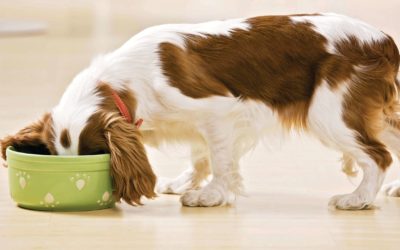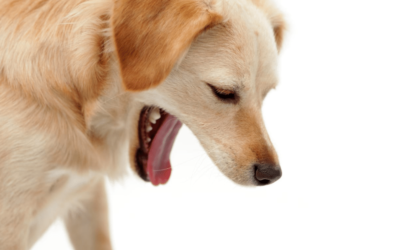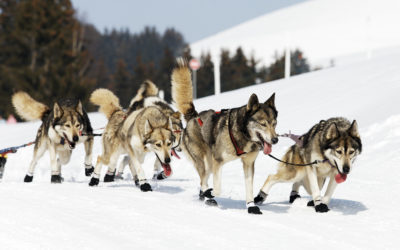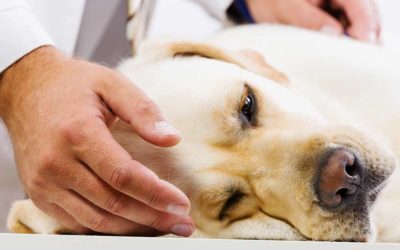Blogs
Blogs
The changing canine nutritional environment
The changing canine nutritional environment The linkage between the dog and the wolf, Canis Lupus, has now been demonstrated, based on an increasing level of molecular data, combined with both physiological and behavioural similarities. A recent large-scale...
Does it matter what a dog wants to eat?
Does it matter what a dog wants to eat? A reasonable thought process might be that it does not matter what a dog wants to eat regarding protein, fat and carbohydrate content. However, research involving a range of other animals suggest that this is not the...
So what does a dog want to eat?
So what does a dog want to eat? Having outlined the reasoning behind wanting to establish the instinct macronutrient self-selection of dogs, I will now discuss my research findings. The first approach I adopted was to provide a group of dogs essentially with a...
Gastrointestinal issues
Gastrointestinal issues Gastrointestinal issues refer to a plethora of conditions, however for the purpose of this discussion will relate to diarrhea, vomiting, bloating and abdominal pain. Why? Because these are commonly believed to be associated with dogs...
Obesity and diet
Obesity and diet Obesity in dogs is a major health problem, with current figures suggesting over half of adult dogs are either overweight or obese. As a result of this, the risk of developing several other diseases increases, such as metabolic abnormalities, immune...
Optimal energy
Optimal energy When it comes to a dog’s energy supply being optimal, whether it is derived from carbohydrate, protein or fat has a crucial role. If a diet is high in carbohydrates, typical of commercial dry extruded diets, then carbohydrates will be utilised...
Pancreatitis
Pancreatitis Pancreatitis is a disease in dogs which involves premature activation of the organ’s digestive enzymes which can lead to autodigestion and inflammation. The severity of the disease can additionally range from sub-clinical to fatal. The risk factors...







